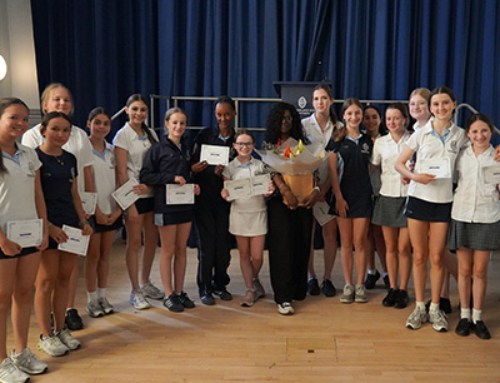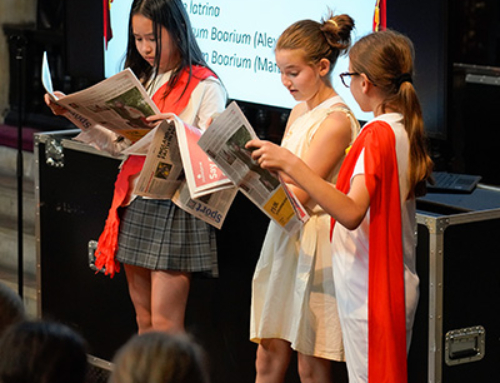Today’s poem has been chosen and introduced by Fiona Corrigan, Assistant Head of Upper School & Head of Year 10
Good morning, everyone. I have the pleasure of sharing a second poem with you this week; I hope you will find it interesting and perhaps a cause for reflection.
You may have seen news stories this week about a military coup in Myanmar. The military has detained elected government leaders and taken over the running of the country, declaring a one-year state of emergency. It’s a troubling development. All but the very youngest citizens will remember Myanmar’s years of military control, 1962-2011; for those who thought those days had passed, it is especially alarming.
What is your reaction when you see such things in the news? Do you read on down the page or turn over? Do you look carefully at the accompanying photographs or do your eyes skim over them? Journalists and editors are aware that all too often we can be desensitised to conflicts and atrocities across the world; perhaps they can engage us more by sensationalising the events, or by describing them in such a way that we can relate to them. Reporters who have documented warn-torn places sometimes describe it like an addiction, the need to find more and more shocking images and stories. Well-known BBC journalists George Alagiah and Jeremy Bowen have written about it in their respective books, A Passage to Africa and War Stories, and Carol Ann Duffy explores similar ideas in her poem War Photographer.
But that’s not our poem of the day.
I was fortunate enough to spend some time in Myanmar a few years ago, not long after its first election and shortly before international attention focused on the genocide of the Rohingya ethnic group. I found it to be a truly beautiful and fascinating country, wonderfully lacking in signs of westernisation. The people I encountered were warm and courteous, intrigued by foreign visitors and ready to reward you with a beaming smile if you tried out their language. Burmese has my favourite word for ‘hello’: “mingalaba”. [Try it now: ming-gah-lah-bah, with a kind of sing-song quality. I bet you can’t say it without smiling.]
With all this in mind, today’s offering is by a poet from Myanmar. ‘Strangers’ was written in Burmese by Tin Moe and translated into English by Maung Tha Noe. It explores the perils of communication and the power of words; we all know how the ‘right’ words can make someone’s day, and how the ‘wrong’ words can hurt people terribly. The poem also points to the limitations of words in expressing our feelings and emotions. In the phrase ‘language cannot serve as a bridge/ to the heart’, perhaps the poet is considering how, sometimes, words are not enough to convey what is deep inside us.
And so I wonder, what is there in your heart for which words are not enough? Are there really adequate words to express how much you love certain people in your life? This weekend, think about how you can show your feelings to your family and your friends: yes, through words, but also through small yet meaningful actions. Don’t be strangers; stay connected, where it’s words or deeds needed to make that happen.
Strangers
by Tin Moe
Translated from Burmese by Maung Tha Noe
Words are imperfect signifiers
or
a word is a perfect signifier
I don’t know yet
Me and my language
are worlds apart.
So
I’d rather not use words.
Unable to create understanding
language cannot serve as a bridge
to the heart.
You’d better not breathe a word
you might be misunderstood.
Music unplucked on the harp
is sweeter, they say.
Don’t let me get caught up in disputes,
in arguments;
you retract your words,
I will take care of mine.
Let’s live like we were strangers.














